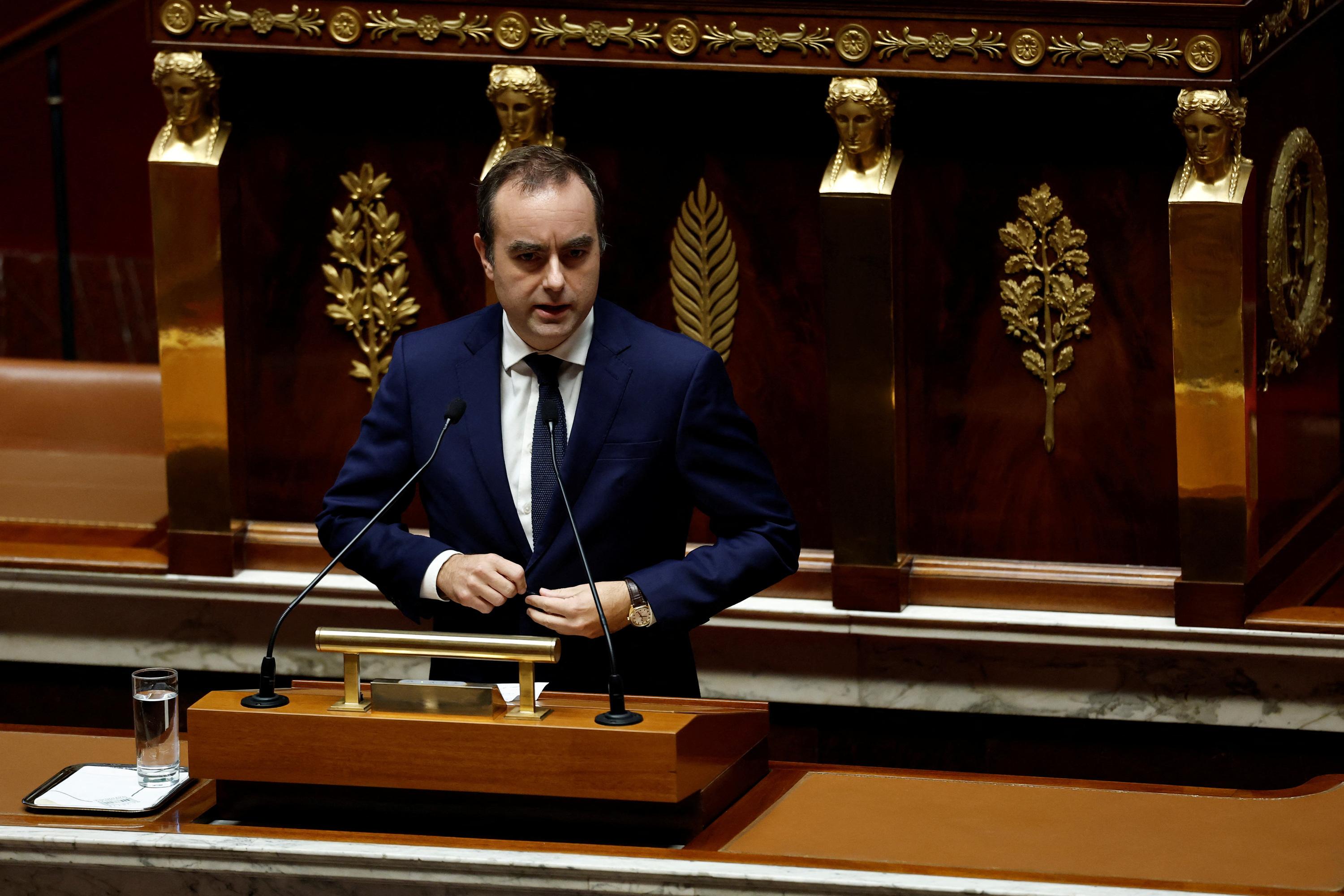Sébastien Lecornu Survives First Motion of Censure Amid Pension Reform Controversy
Prime Minister Sébastien Lecornu survives a motion of censure against his government amid ongoing controversy and suspension of France's pension reform.
- • The motion of censure led by La France Insoumise failed with 271 votes, short of the 289 needed.
- • The Socialist Party chose not to support the motion, seeing suspension of pension reform as a victory.
- • Marine Le Pen raised constitutional concerns about the suspension amendment to the pension reform.
- • Another motion of censure from the Rassemblement National is expected to fail due to lack of left-wing support.
- • Budget debates will begin Monday with political uncertainty persisting.
Key details
The French government led by Prime Minister Sébastien Lecornu has narrowly avoided being toppled by a motion of censure brought by opposition groups over the contentious pension reform, a key political development in October 2025. On October 16, the motion, initiated by La France Insoumise's Aurélie Trouvé and supported by left-wing and environmentalist parties, secured 271 votes—falling short of the 289 votes required to bring down the government. The socialists deliberately chose not to back the motion, seeing the suspension of the pension reform as a cautious victory but deliberately avoiding any pact for non-censure.
The pension reform, originally enacted in April 2023, aims for implementation in November but has been recently suspended via an amendment to the 2026 social security financing bill announced by Lecornu. The reform's suspension has raised questions about its constitutional validity, with Marine Le Pen, leader of the Rassemblement National (RN), publicly voicing concern that the amendment could be struck down by the Conseil constitutionnel as a "cavalier législatif" approach.
Lecornu emphasized the importance of compromise and open debate in navigating this political crisis, while the president of RN dismissed the parliamentary debate as a "pathetic spectacle." Another censure motion, expected from the RN, is projected to face similar rejection since left-wing deputies are unlikely to support it. The government now faces the commencement of budget debates on Monday amid lingering uncertainties.
This turbulent political episode plays out against a backdrop where a significant segment of right-wing opinion favors a coalition, with over 80% of RN and Les Républicains (LR) supporters expressing support, according to a recent Ifop survey. Notably, LR members participating in the Lecornu government have distanced themselves from formal party affiliation. In a sign of increasing political tensions, Jean-François Copé, mayor and LR figure, has called for President Macron's resignation after the 2026 municipal elections, warning of worsening outcomes if he remains in office.
The motions of censure in France are significant parliamentary tools requiring at least 58 deputies' signatures, with votes held 48 hours post-submission. A passed motion compels the Prime Minister's resignation and triggers a caretaker government until a new cabinet forms. This tool has historically changed French governments, though the last successful motion dates back to 1962.
Prime Minister Lecornu’s survival marks a pivotal moment in the ongoing political struggle surrounding pension reform, showcasing divisions within the left and right and underlining constitutional debates while setting the stage for uncertain legislative battles ahead.
This article was translated and synthesized from French sources, providing English-speaking readers with local perspectives.
Source articles (4)
Qu’est-ce qu’une motion de censure ?
Source comparison
Latest news
Katy Spicher Sues French State for Denial of Justice Over Unsolved 1983 Murder of Her Mother
French Public Sees Rise in Political Violence Amid Pre-Municipal Election Tensions
Businesses Drive French Economy Amid Rising Financial Challenges for Youth
France Climbs to 4th Place in 2026 Winter Olympics Medal Table After Biathlon Relay Gold
XV de France to Field Largely Unchanged Lineup Against Italy in Six Nations
France and India Deepen Strategic Partnership with Focus on AI Regulation and Defense Cooperation
The top news stories in France
Delivered straight to your inbox each morning.

